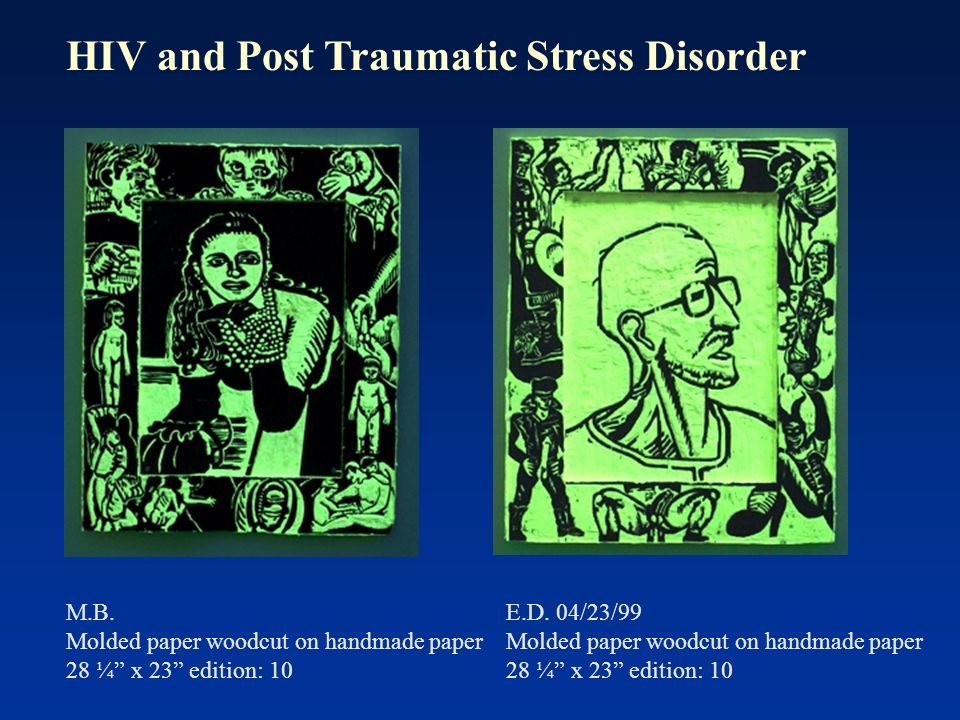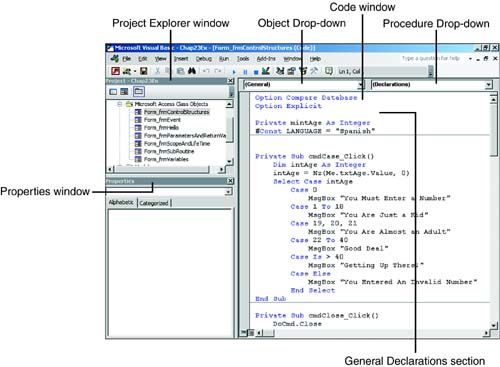Utilizing Cloud Computing to address big geospatial data.
Techniques for spatiotemporal knowledge discovery have been described by (18). Geospatial data mining begins with toponym resolution, or attaching a location to a place named in a text (19). The.Spatial Data Mining is the process of discovering interesting and previously unknown, but potentially useful patterns from large spatial datasets. Extracting interesting and useful patterns from.Geospatial data is the bedrock of mining, and geographic information systems (GIS) are making this data clearer and more detailed. Alex Miller and Willy Lynch of GIS specialist Esri give an extensive overview of the evolution and benefits of this technology in the mining industry.
However, utilizing Cloud Computing to address Big Data issues is still in its infancy, and it is a daunting task on how the five advantageous characteristics can address the first four Vs of Big Data to reach the 5th V ().This paper illustrates how Cloud Computing supports the transformation with four scientific examples including climate studies, knowledge mining, land-use and land cover.The advent of remote sensing and survey technologies over the last decade has dramatically enhanced our capabilities to collect terabytes of geographic data on a daily basis. However, the wealth of geographic data cannot be fully realized when information implicit in data is difficult to discern. This confronts GIScientists with an urgent need for new methods and tools that can intelligently.

RESEARCH INTERESTS My research focuses on Data Mining, Machine Learning and Distributed Systems Data Mining: data integration, semantic data mining, geospatial data mining, knowledge graph embedding, natural language processing. (1)(2)(3)(4).












